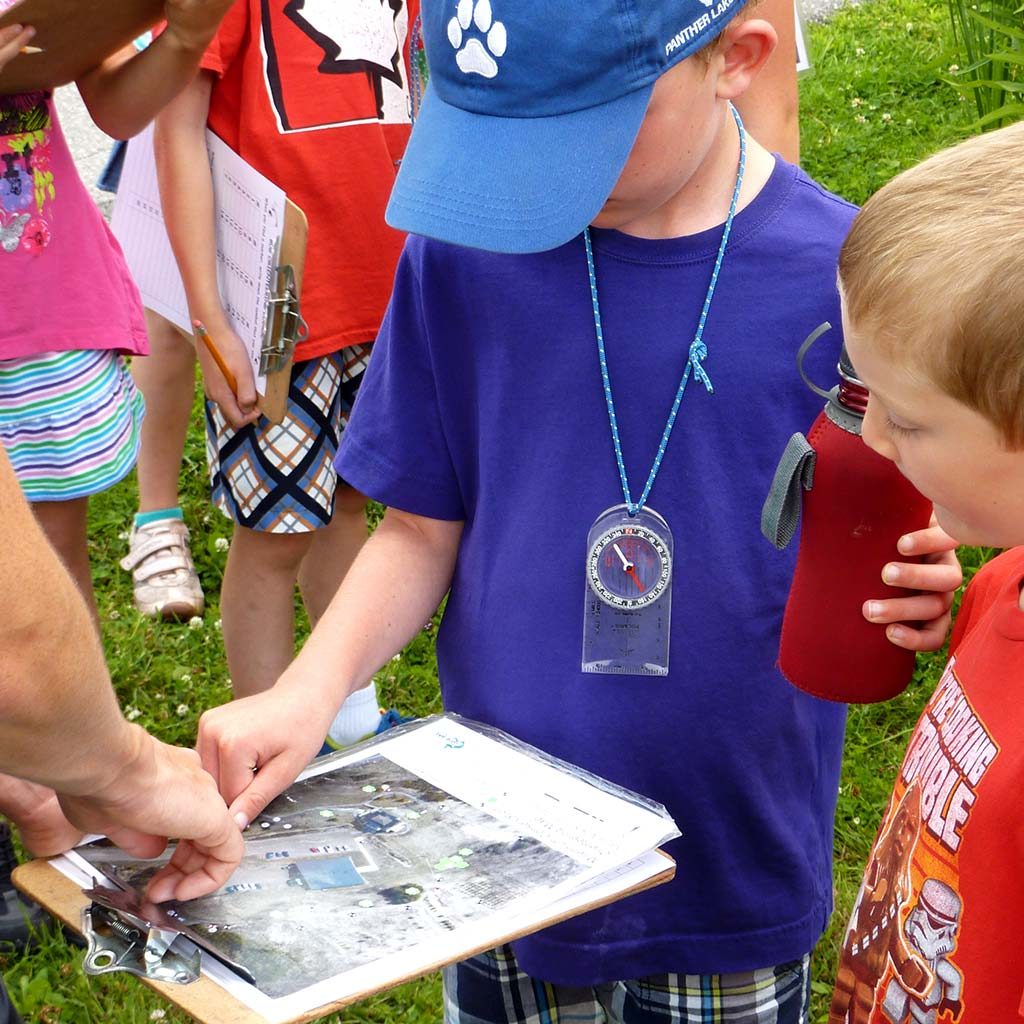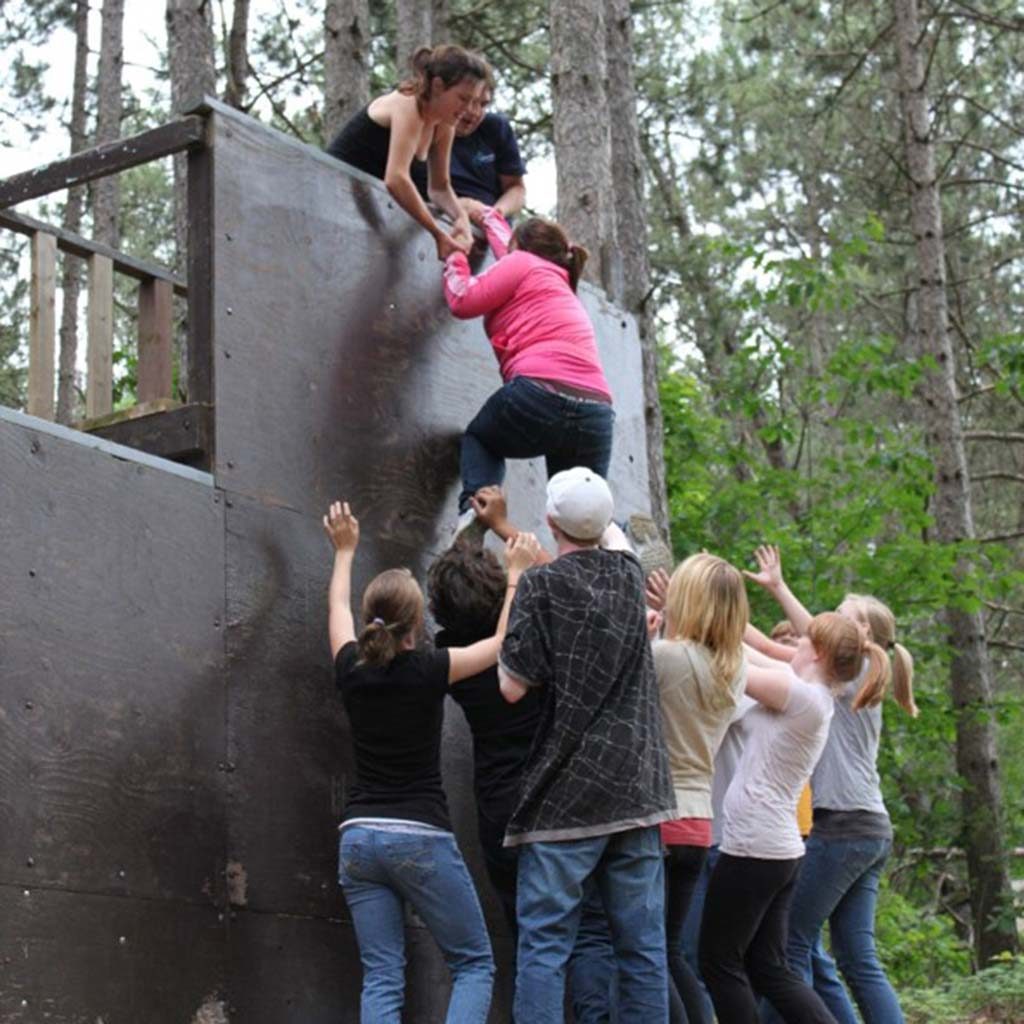

Reaching Beyond Knowledge
Environmental education is not simply teaching about the environment. Whereas this remains an important component, knowledge does not necessarily translate into action. That is, teaching about the environment does not ensure that we will take action to protect the environment.
Environmental education must reach beyond knowledge to shape attitudes that will empower us to act in the interests of all inhabitants of the earth at present and into the future. The best way to foster this attitude is to connect our youth with meaningful hands-on and experiential learning activities in the outdoors.
A Senegalese forestry engineer named Baba Dioum famously wrote in 1968 that “in the end we will conserve only what we love, we will love only what we understand, and we will understand only what we are taught." To paraphrase Baba’s words: to inspire a generation to conserve, we must know how to teach them effectively. Whereas lectures and worksheets in a classroom may transmit knowledge and skills, emerging research has consistently demonstrated that we must engage students in order to facilitate changes in attitude and higher order cognitive skills.
And, there is no richer environment to engage our students than the environment that is waiting outside their door!
Get the Kids Outdoors!
Conservation ambitions are an important focus of environmental education; however, there are so many more reasons to choose environmental education. Education in the outdoors is consistently ranked by the majority of children to be more fun and memorable than classroom learning. It is also a natural way to identify and overcome authentic challenges that necessitate higher order learning skills such as creativity.
These skills, in combination with the inter- and intra-personal development that occurs, result in highly skilled students that are prepared to face the uncertain and dynamic challenges of our future workforce. Finally, learning outdoors results in universally documented benefits to student mental health and well-being, through a synergistic effect of exercise, the natural elements, and kinship with all living beings.
The result? Yes, environmental education creates a connection with the environment that these youths will draw upon in order to steward for its care. But environmental education also effectively services our life support system, our education system, our economic system, and our health care system all at once. We cannot afford, figuratively and literally, to teach inside the box.
